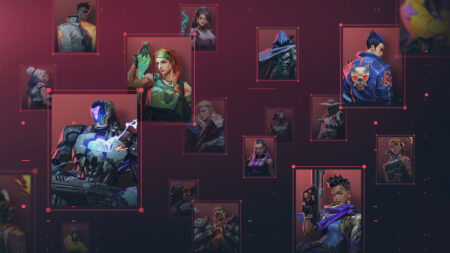Updated on March 19, 1:15 a.m. (GMT+8): Improved relevancy.
Balancing Valorant agents is often more an art than a science.
While data still plays a big role in informing changes to agents, telling Valorant developers when a particular agent may not be in an ideal state, Riot Games also approaches agent balance through more subjective lenses.
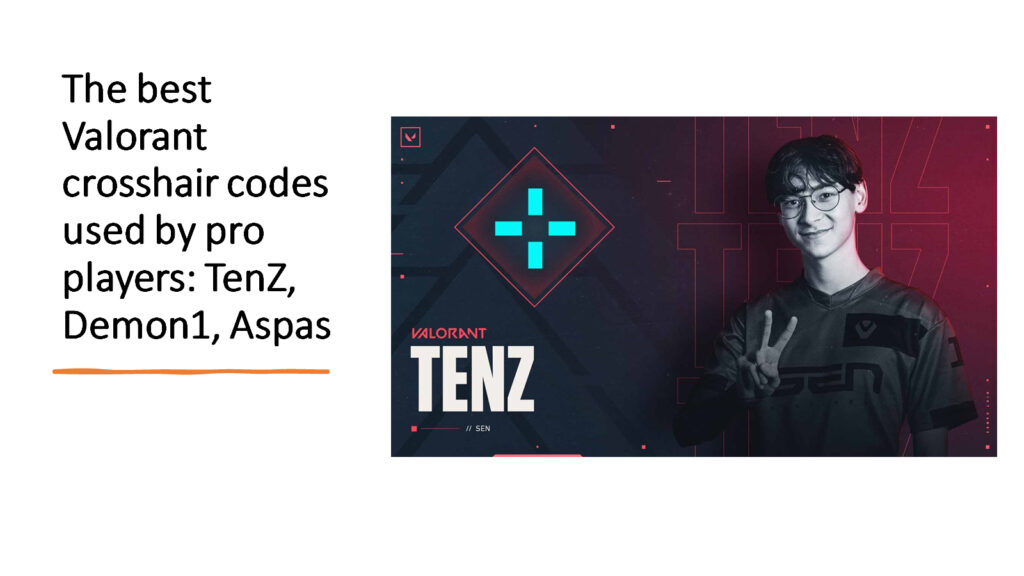
One of these is player perception of individual agents, which is filtered through data points like win and pick rates.
In a State of the Agents blog post, Riot developers pulled back the veil on how exactly it decides which agent needs changes, and whether they need a buff or a nerf.
How Riot decides which Valorant agents need changes
Win rate and pick rate in solo queue
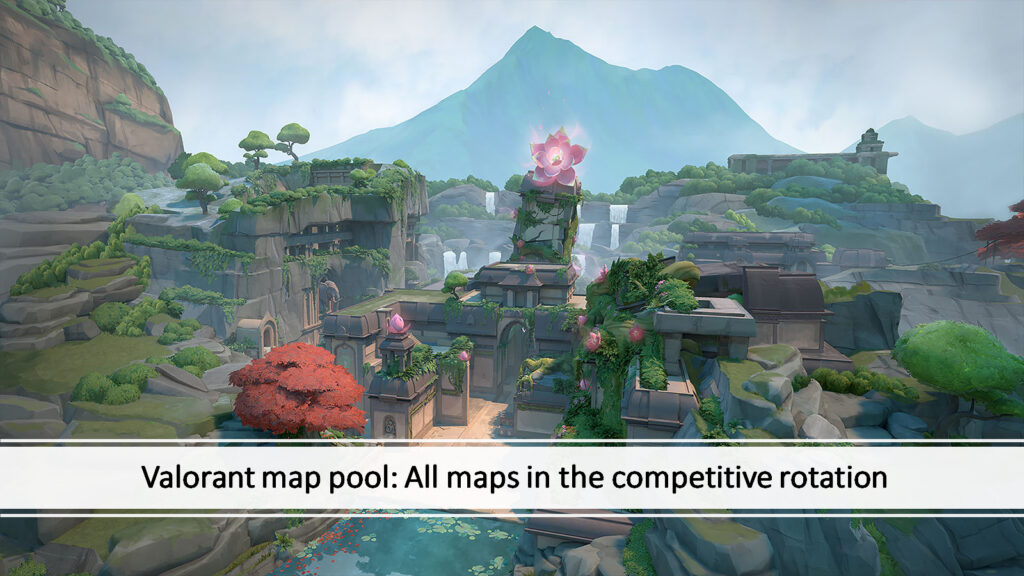
One of the most important things it looks at is an agent’s non-mirror win rate across different MMR tiers and different maps, which provides a rough gauge of an agent’s power.
Non-mirror win rate refers to the win rate of an agent when the opposing team did not pick the same agent. This is necessary because popular agents will otherwise end up with a 50 percent win rate — a meaningless statistic.
Riot also breaks down agent pick rates in the same way. This allows for an understanding of the similarities and differences when it comes to popular agents and which ones players are choosing.
Player perception
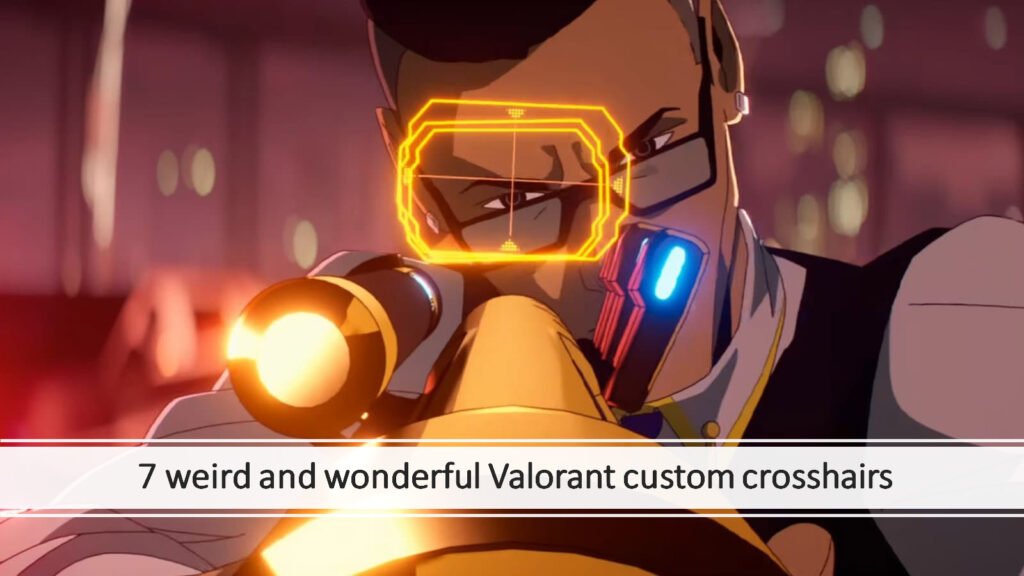
However, Riot also cares a lot about what you think. While it monitors social media sentiment, the bulk of the player perception data it uses for balance comes from surveys sent to players all around the world.
These surveys seek to understand how you feel about the game or agents, such as whether certain agents are too strong, weak, or simply frustrating to play against in the current meta.
Pro play
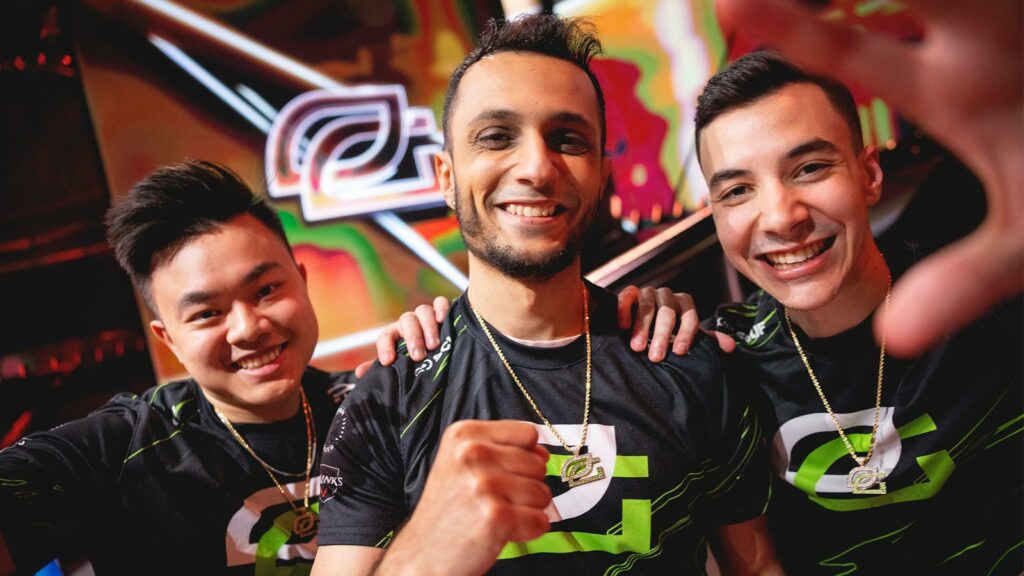
Pro players are key stakeholders for Riot as well. It looks closely at pro play pick rates and trends to learn what pro teams and players perceive to be the most valuable agents, compositions, and utility.
For example, the developer admitted that Chamber’s continuing dominance at Valorant Champions 2022 has shown that further changes still need to be made to the agent.
His Rendezvous teleporters are still too hard to counter, and its focus moving forward will be to introduce “meaningful counterplay.”
Design principles
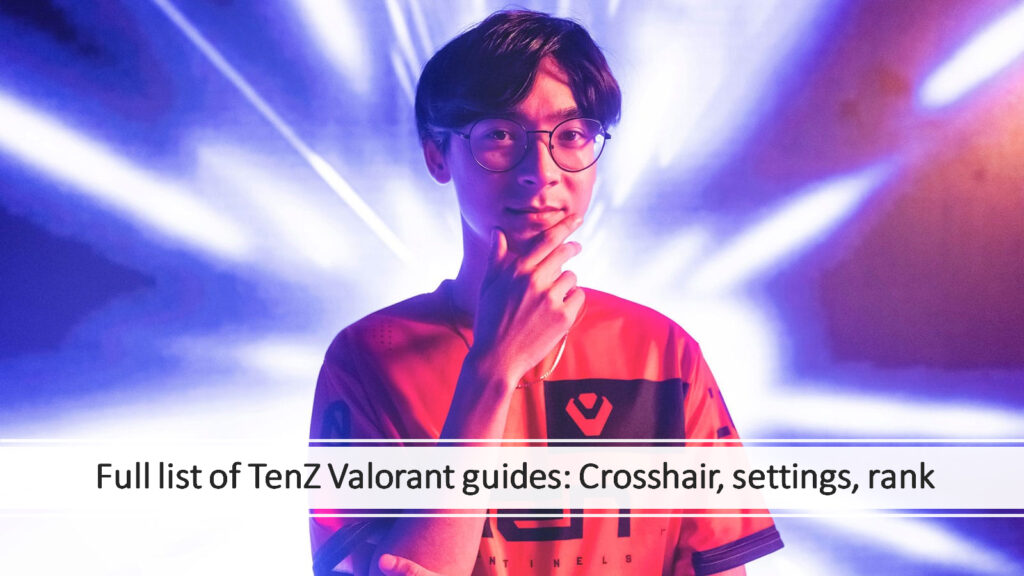
Finally, agents must fit into the key design principles that guide all development in the game. When designing a new agent, Riot looks at what’s currently missing from Valorant. Ultimately, the goal is for every agent to occupy a unique space or role in the game.
For instance, Chamber’s identity is defined by his “unique weapons and defensive combat mobility,” which is why Riot nerfed only his Trademark traps the first time to allow sentinels like Killjoy and Cypher to better shine in terms of watching flanks.
This is also what Riot calls “agent sharpness,” or whether an agent has “clearly defined strengths and weaknesses” compared to others.
If an agent isn’t meeting these design criteria, that in itself may be enough to prompt changes even if no other red flags are raised.
When player perception and the data don’t match
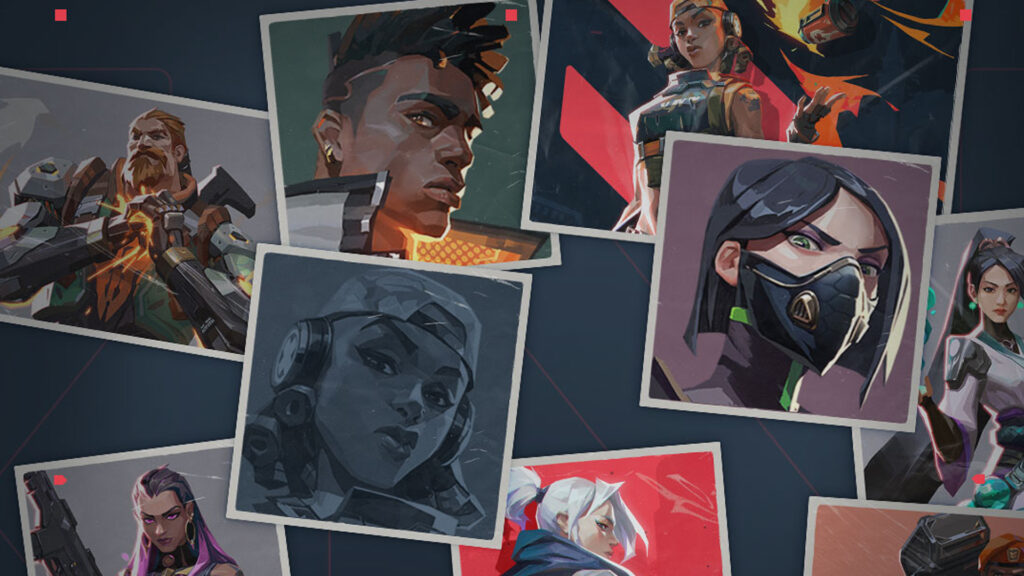
Balance decisions are informed by the meta and collective choices of players, which varies according to region, skill, and more. The meta shifts from patch to patch, and it can take several weeks for players to adapt to new changes (and for Riot to understand their impact).
However, player perception doesn’t always line up with the data. For instance, an agent could be pretty powerful, but if players don’t believe it is a good pick, they won’t play it.
This would create a relatively strong agent with a low pick rate, but there would be little room to buff them more to convince players to pick them — Brimstone is one such example, according to Riot.
“To this end, we are aiming to make the agents more balanced with updates, but we also are aiming to inspire players to change their perception of the game’s balance and evolve the meta themselves,” said Alexander Mistakidis, Game Designer on Valorant.
You can read the full blog post here.
READ MORE: I accidentally met Cypher in Elden Ring and it ruined everything
